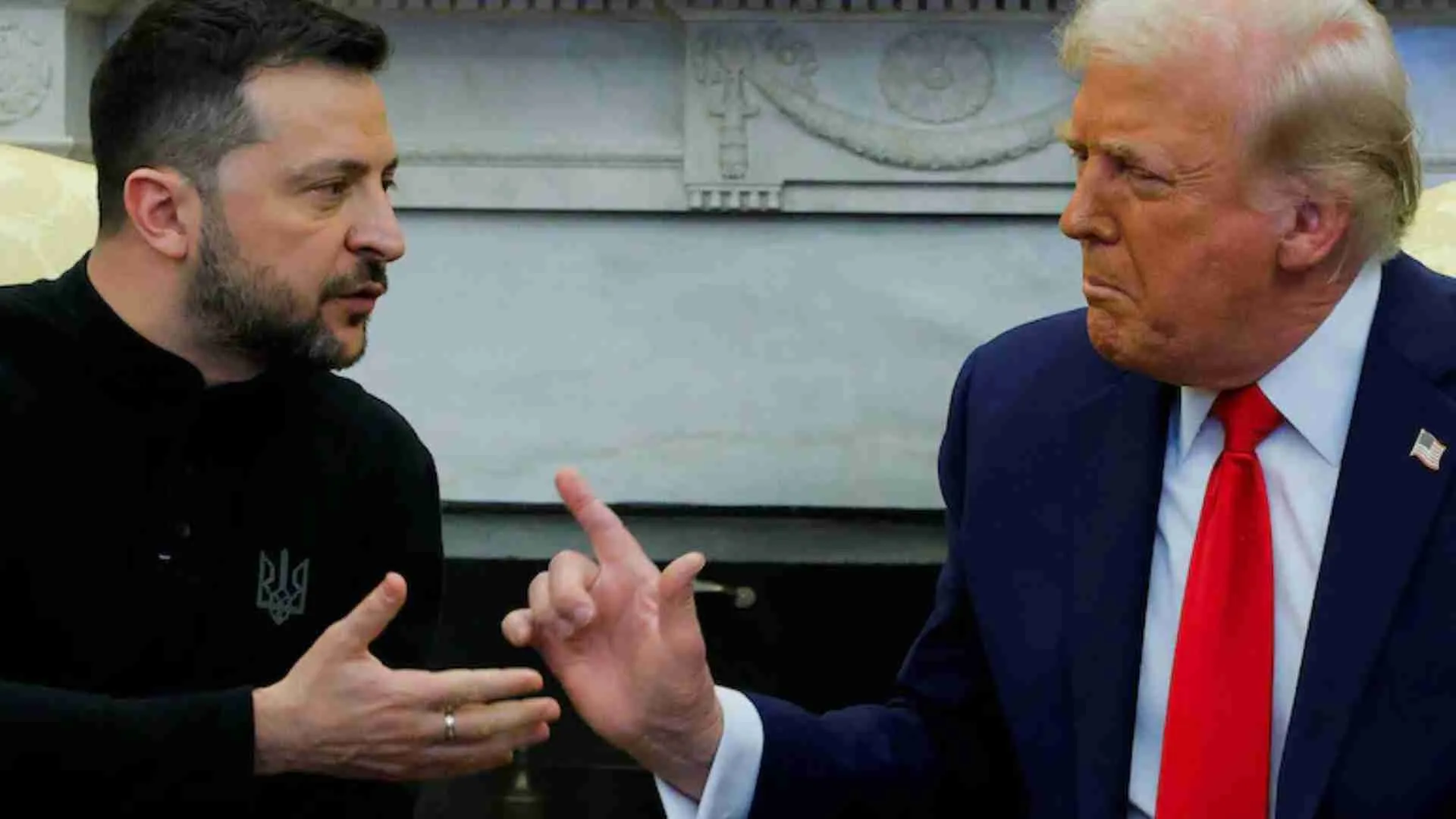WHAT IS A CRYPTOCURRENCY?
A cryptocurrency is a medium of exchange, such as the rupee or the US dollar, but is digital in format and
Uses encryption techniques to both control the creation of monetary units and to verify the exchange of money.
Bitcoin is considered to be the world’s best known cryptocurrency and is the largest in the world according to market capitalisation, followed by Ethereum.
In traditional financial deals, where two parties are using fiat money, a third-party organisation usually a central bank assures that the money is genuine and the transaction is recorded. With cryptocurrencies, a chain of private computers a network – is constantly working towards authenticating the transactions by solving complex cryptographic puzzles.
HOW ARE CRYPTOCURRENCIES BOUGHT?
There are two ways. The first is to buy it from someone and the second is to mine new crypto coins.
Buying it from someone usually happens in two ways an exchange facilitated transaction or a peer-to-peer transaction.
For Indians, the simplest way to invest or trade in cryptocurrencies has been through one of the many exchanges and trading platforms operating in India. These include WazirX, CoinDCX, CoinSwitch Kuber, Zebpay, Bitbns, Giottus, etc
To be able to trade or invest in cryptocurrencies using INR, users need to register on one of the exchanges by completing a KYC process.
Then, a user buying crypto for the first time will need to load INR money in the wallet of their cryptocurrency exchange.
The cryptocurrency wallet is identified by a unique address represented by a randomly generated combination of numbers and letters.
There are two ways to load money into a cryptocurrency wallet – through net-banking or through an e-wallet.
Here’s where the first entry barrier arises.
Despite the Supreme Court order that quashed the RBI directive prohibiting banks from allowing their systems to be used for virtual currency transactions, several large banks don’t offer their financial infrastructure for investment or trade in crypto.
Among the e-wallets that operate in the country, only MobiKwik is supported on platforms such as WazirX and CoinDCX.
Once the transaction is through, the purchased cryptocurrency holding is reflected in the exchange’s wallet.
WHAT HAS HAPPENED IN THE BUDGET 2022?
Finance Minister Nirmala Sitharaman virtually gave legal sanction to cryptocurrencies in the country – by labelling them as “digital assets” and not currency and taxing income gains from their transactions at a high 30%.
SIGNIFICANCE
Her announcement in the Budget presentation largely ends the uncertainty over the future of cryptocurrencies in India.
It comes a day after Principal Economic Advisor Sanjeev Sanyal said the government would take a balanced view on crypto.
WHAT FM SAID
“There has been a phenomenal increase in transactions in virtual digital assets. The magnitude and frequency of these transactions have made it imperative to provide for a specific tax regime. Accordingly, for the taxation of virtual digital assets, I propose that any income from transfer of any virtual digital asset shall be taxed at the rate of 30 per cent,” the FM said.
She also announced that the Reserve Bank of India (RBI) will introduce its digital currency in 2022-23.
Indian investors have put around Rs 45,000 crore in private cryptocurrencies.
HOW WILL THE TAXATION STRUCTURE WORK?
The Finance Minister also said that the 30% tax on virtual assets cannot be mentioned as a replacement of any other income (meaning it cannot be claimed for deduction), in addition to a 1% TDS that will be charged on payments made using digital assets in order to keep a track on transactions.
WHAT THE RBI SAYS
So far, the central bank pushed for a complete ban on investments in cryptocurrencies as it fears that these can harm the macroeconomic stability in the economy.
The Central Board of the RBI had recently discussed various aspects, including the status, of the central bank digital currency.
RBI officials informed the board that a pilot project for the introduction of CBDC will be launched soon. CBDCs are the virtual or electronic form of fiat currencies (like the Indian rupee or US dollar). A CBDC is the legal tender issued by a central bank in a digital form.
WHAT ABOUT THE CRYPTO BILL?
India’s booming crypto market was roiled at the end of last year when the Modi government proposed to introduce a bill in the Winter Session of Parliament which, among others, sought to prohibit all private cryptocurrencies in the country.
That bill was, however, not introduced with government sources suggesting that whenever a bill is brought, it would be referred to the parliamentary standing committee for wider deliberations with stakeholders.
SO IS CRYPTO LEGAL NOW?
According to Purushottam Anand, Founder of blockchain law firm Crypto Legal,
taxing income from cryptocurrencies does not necessarily and explicitly legalise cryptocurrencies because income tax is not concerned about the manner or means of acquiring the income.
An income earned from both – legal or illegal activities – can be taxed under Income Tax Act, he added, “However, looking from a broader context, specific tax provisions for cryptocurrencies are a step towards legalisation.”
The government has not made crypto legal under the Finance Bill, but it made the gains from it as taxable.
“The right way to look at it is that the government has the right to tax unaccounted money, the same way it has the right to tax gains from crypto- be it legal or illegal,” said Harry Parikh, Associate partner, BDO India.
Further, it is also highly unlikely that the government will collect tax from cryptocurrency transactions and will then introduce a bill to make cryptocurrencies illegal, Anand said
PM MODI AT DIFFERENT FORUMS
At the ‘Summit for Democracy’ organised by the US last year, Prime Minister Narendra Modi, too, had said that world leaders must jointly shape global norms for emerging technologies like social media and cryptocurrencies, so that they are used to empower democracy, not undermine it.
Also, recently at India-Central Asia submit PM Modi asked for common approach on cryptocurrencies.
At the ‘Summit for Democracy’ organised by the US last year, Prime Minister Narendra Modi, too, had said that world leaders must jointly shape global norms for emerging technologies like social media and cryptocurrencies, so that they are used to empower democracy, not undermine it.
Also, recently at India-Central Asia submit PM Modi asked for common approach on cryptocurrencies.
AUTHOR’S CONTENTION
The government who was willing to ban these instruments, suddenly takes a U-turn by introducing 1% TDS and 30% tax on income.
This shows that there are possibilities that cryptocurrencies will be legal in coming future.
Government should bring Cryptocurrency Bill which will clear all doubts related to its regulation, about regulations of crypto exchanges and also more importantly about investors protection.





















